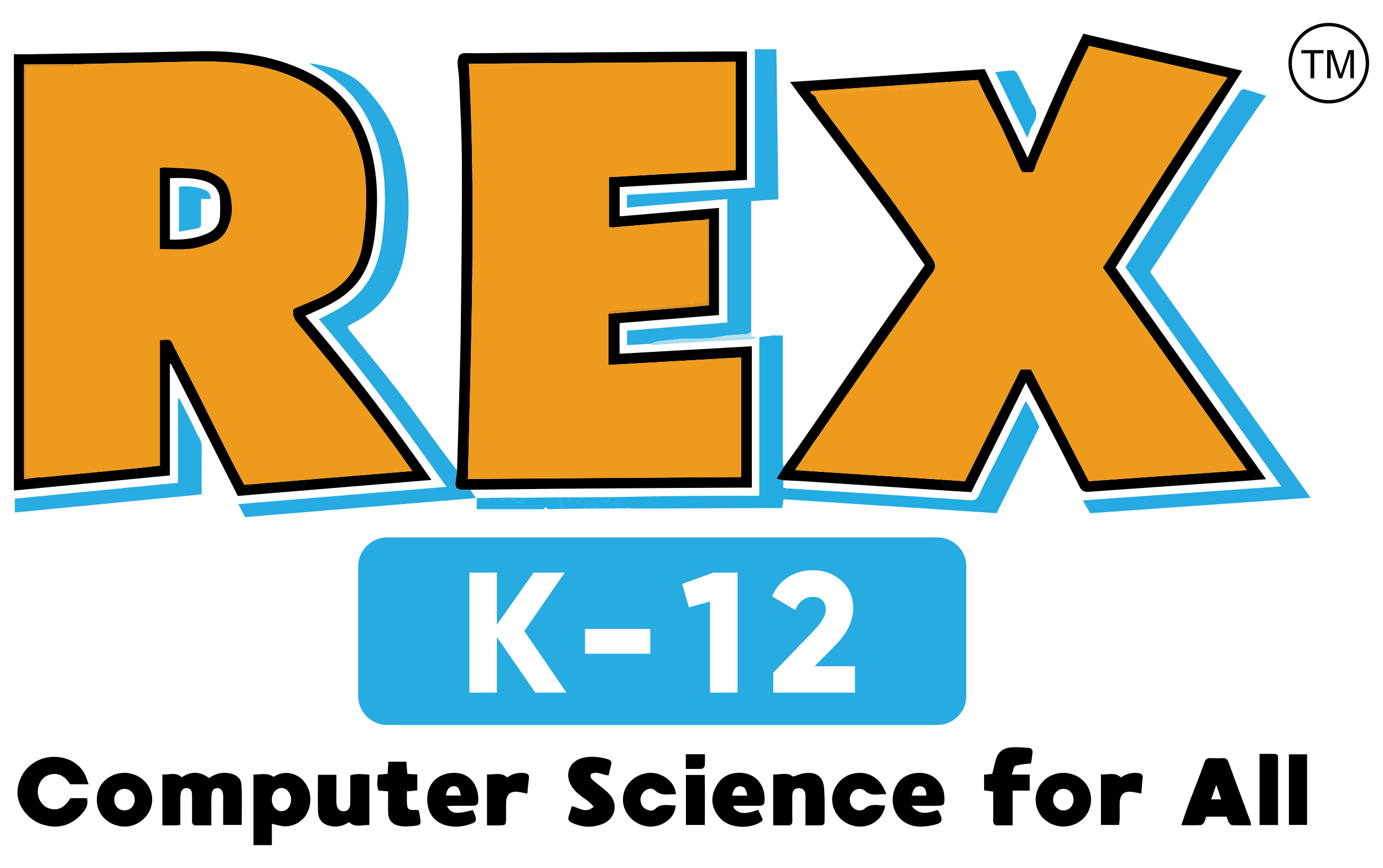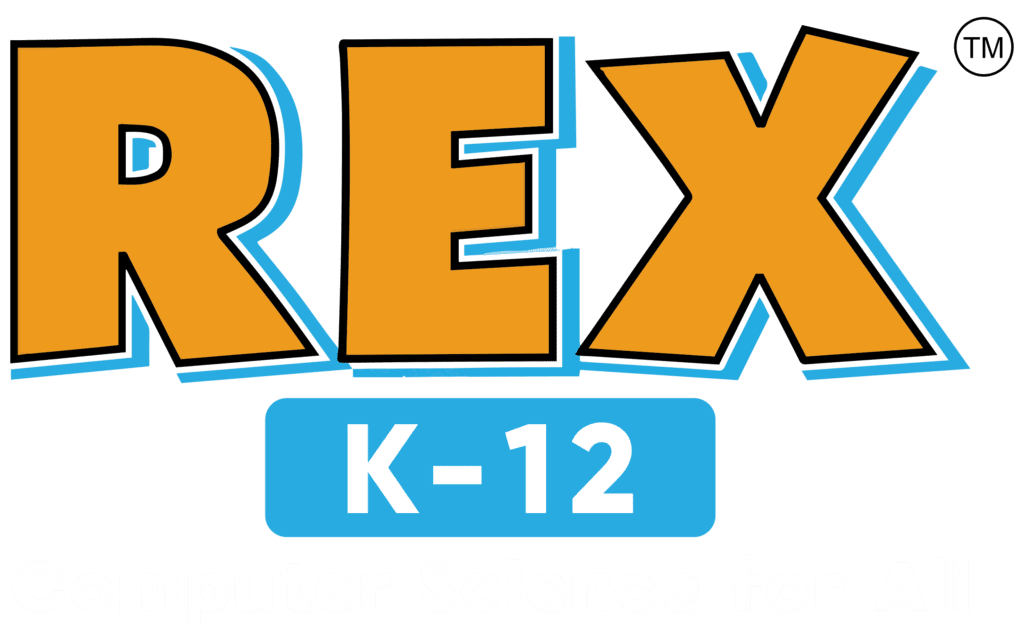What Should K-12 Schools Teach Students to Prepare for the Workforce?
Preparing students for the ever-changing job market is a pivotal task for K-12 schools. While we can’t predict the future workforce with certainty, we can equip students with a robust set of skills and knowledge to thrive in any career path they choose. So, what exactly should K-12 schools focus on? Let’s break it down:
- Foundational Knowledge:
- Literacy and Numeracy: At the core of effective communication and problem-solving lies mastery of reading, writing, and critical thinking skills. These skills serve as the building blocks for lifelong learning and success in any field.
- STEM Foundation: Understanding the principles of Science, Technology, Engineering, and Mathematics (STEM) is essential in today’s technology-driven world. Providing teachers that teach K-12 Computer Science classes, especially, opens doors to various career paths and prepares students to adapt to emerging technologies.
- Social Studies and Humanities: Delving into history, government, and diverse cultures fosters critical thinking, communication, and collaboration skills. These are indispensable for navigating the complexities of our society and engaging with global issues.
- Essential Skills:
- Critical Thinking and Problem-solving: The ability to analyze information, identify patterns, and develop effective solutions is vital across all professions. Encouraging students to think critically prepares them to tackle challenges creatively and resourcefully.
- Creativity and Innovation: Fostering creativity and encouraging students to think outside the box is crucial in a rapidly changing world. Innovation drives progress, and students who can generate new ideas and approaches will thrive in any field.
- Communication and Collaboration: Effective communication, both written and verbal, is essential for success in the workplace. Likewise, the ability to collaborate with diverse teams ensures that ideas are shared, refined, and executed effectively.
- Digital Literacy and Citizenship: In today’s digital age, understanding how to navigate the online world responsibly is essential. Teaching students to critically evaluate information, use technology ethically, and protect their digital footprint equips them for success in the 21st century.
- Lifelong Learning: Cultivating a love for learning and teaching students how to learn independently are invaluable skills. In a world where knowledge is constantly evolving, the ability to adapt and embrace new technologies and ideas is essential for long-term success.
- Additional Considerations:
- Personal and Social Skills: Building self-awareness, emotional intelligence, and resilience are crucial for personal well-being and professional success. Teaching students how to manage their time, stress, and conflicts effectively prepares them to thrive in any environment.
- Financial Literacy: Equipping students with the knowledge and skills to manage their finances responsibly is essential for their future success. Understanding concepts like budgeting, saving, and investing empowers students to make sound financial decisions throughout their lives.
- Career Exploration: Providing opportunities for students to explore different career paths, connect with professionals, and gain hands-on experience through internships or volunteering helps them make informed decisions about their future. Exposure to real-world work environments prepares students for the transition from school to the workforce.
In the end, while the specifics may vary, focusing on these core areas can prepare K-12 students for the challenges of the workforce. By prioritizing a well-rounded education that combines foundational knowledge with essential skills, schools can empower students to succeed in any career they pursue. So, let’s work together to ensure that every student is equipped to thrive in the ever-evolving world of work.












